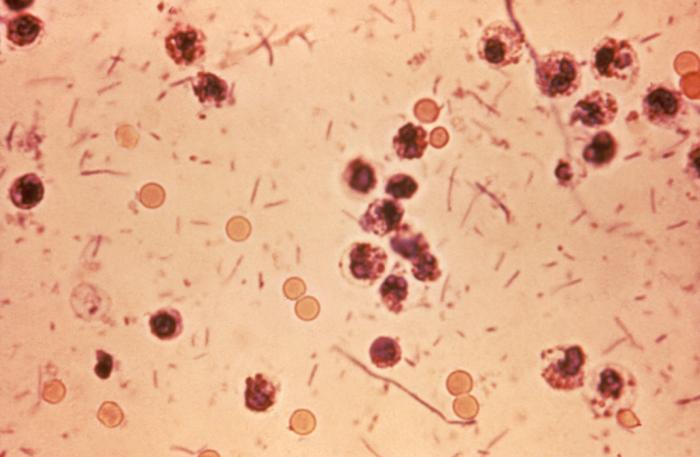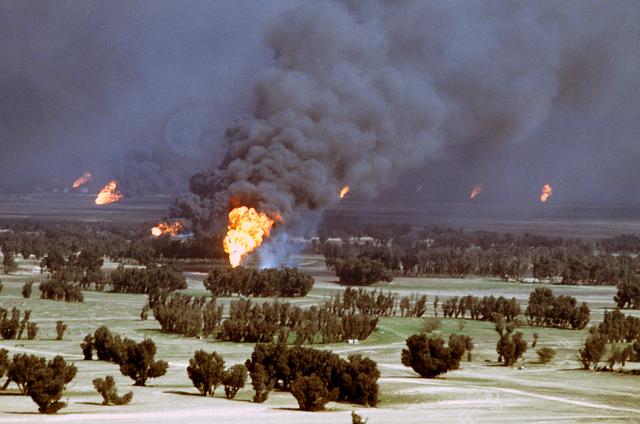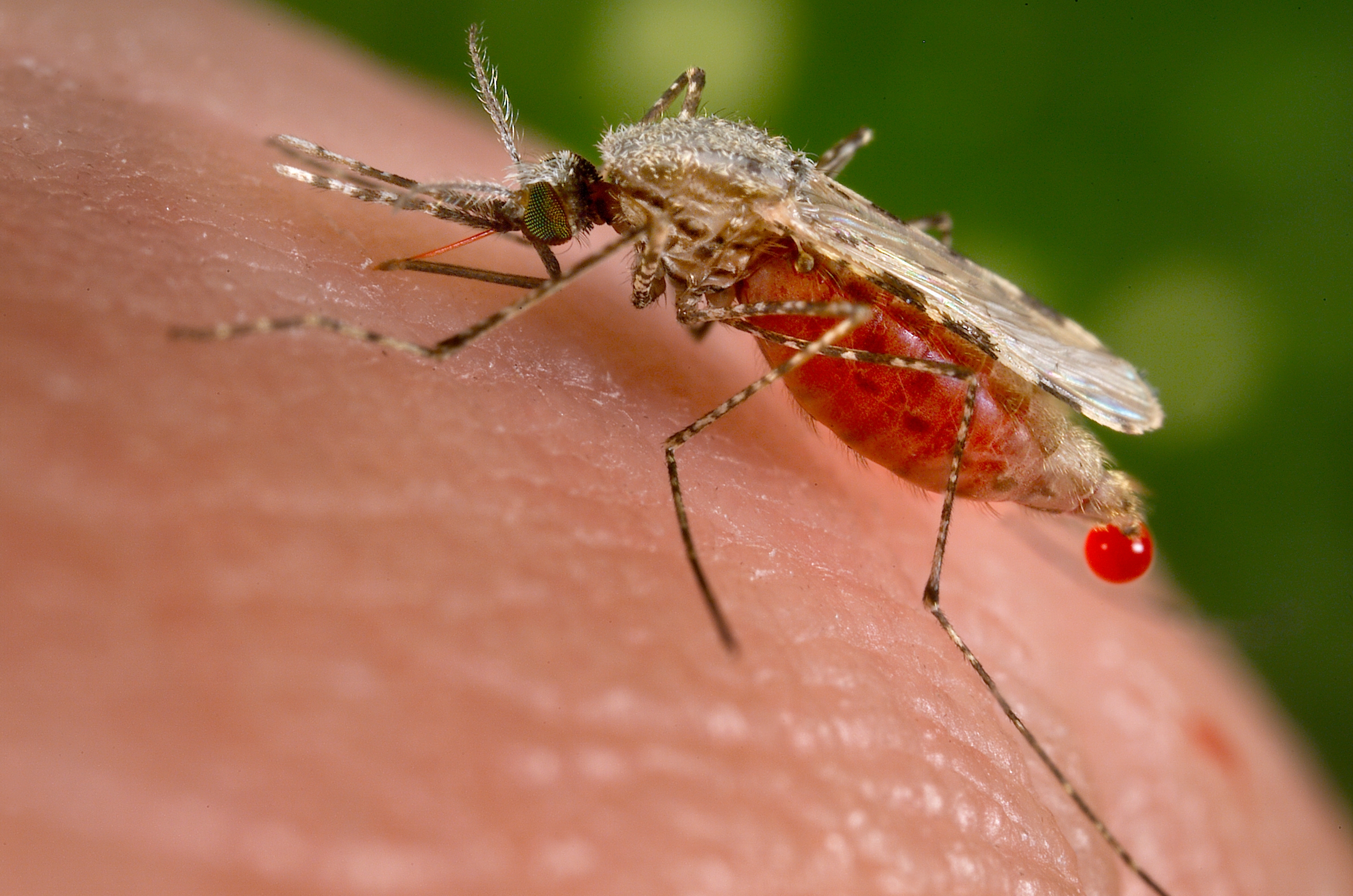|
Agro-terrorism
Agroterrorism, also known as agriterrorism and agricultural terrorism, is a malicious attempt to disrupt or destroy the agricultural industry and/or food supply system of a population through "the malicious use of plant or animal pathogens to cause devastating disease in the agricultural sectors"."Agriterrorism" Homeland Defense Stocks. It is closely related to the concepts of , and |
1989 California Medfly Attack
In 1989, a sudden invasion of Mediterranean fruit flies (''Ceratitis capitata'', " medflies") appeared in California and began devastating crops. Scientists were puzzled and said that the sudden appearance of the insects "defies logic", and some speculated "biological terrorists" were responsible.Johnson, John.Invasion by Medfly Defies Logic, Scientists Say Infestation: Experts discover peculiar patterns in the spread of the stubborn fruit fly, ''Los Angeles Times'', December 30, 1989, accessed February 21, 2012. Analysis suggested that an outside hand played a role in the dense infestation. Howard, Russell D. et al. ''Homeland Security and Terrorism: Readings and Interpretations'',Google Books, McGraw-Hill Professional, 2006, p. 49, ().Pratt, Robert J.Invasive Species - A Threat to the Homeland?, USAWC Strategy Research Project, ''U.S. Army War College'', April 7, 2003, accessed February 21, 2012. A person or group calling itself "The Breeders" took responsibility for the bioterro ... [...More Info...] [...Related Items...] OR: [Wikipedia] [Google] [Baidu] |
Incendiary Balloon
An incendiary balloon (or balloon bomb) is a balloon inflated with a lighter-than-air gas such as hot air, hydrogen, or helium, that has a bomb, incendiary device, or Molotov cocktail attached. The balloon is carried by the prevailing winds to the target area, where it falls or releases its payload. Historical use Early proposals In 1792, Joseph-Michel Montgolfier proposed using balloons to drop bombs on British forces and ships in Toulon.''Military Aircraft, Origins to 1918: An Illustrated History of Their Impact'' Justin D. Murphy, page 161 In 1807, Denmark attempted to construct a hand-propelled dirigible that would bomb British ships blockading Copenhagen from the air. [...More Info...] [...Related Items...] OR: [Wikipedia] [Google] [Baidu] |
Eco-terrorism
Eco-terrorism is an act of violence which is committed in support of environmental causes, against people or property. The United States Federal Bureau of Investigation (FBI) defines eco-terrorism as "...the use or threatened use of violence of a criminal nature against innocent victims or their property by an environmentally-oriented, subnational group for environmental-political reasons, or aimed at an audience beyond the target, often of a symbolic nature." The FBI credited eco-terrorists with US $200 million in property damage between 2003 and 2008. A majority of states in the US have introduced laws aimed at penalizing eco-terrorism. Eco-terrorism is a form of radical environmentalism that arose out of the same school of thought that brought about deep ecology, ecofeminism, social ecology, and bioregionalism.Long, Douglas. Ecoterrorism (Library in a Book). New York: Facts on File, 2004. Print. Page 19-22, 5, 5, 6, 6, 7, 154, 154, 48, 49-55. History The term ''ecoterrori ... [...More Info...] [...Related Items...] OR: [Wikipedia] [Google] [Baidu] |
Pathogen
In biology, a pathogen ( el, πάθος, "suffering", "passion" and , "producer of") in the oldest and broadest sense, is any organism or agent that can produce disease. A pathogen may also be referred to as an infectious agent, or simply a germ. The term ''pathogen'' came into use in the 1880s. Typically, the term ''pathogen'' is used to describe an ''infectious'' microorganism or agent, such as a virus, bacterium, protozoan, prion, viroid, or fungus. Small animals, such as helminths and insects, can also cause or transmit disease. However, these animals are usually referred to as parasites rather than pathogens. The scientific study of microscopic organisms, including microscopic pathogenic organisms, is called microbiology, while parasitology refers to the scientific study of parasites and the organisms that host them. There are several pathways through which pathogens can invade a host. The principal pathways have different episodic time frames, but soil has the longest ... [...More Info...] [...Related Items...] OR: [Wikipedia] [Google] [Baidu] |
The Boston Globe
''The Boston Globe'' is an American daily newspaper founded and based in Boston, Massachusetts. The newspaper has won a total of 27 Pulitzer Prizes, and has a total circulation of close to 300,000 print and digital subscribers. ''The Boston Globe'' is the oldest and largest daily newspaper in Boston. Founded in 1872, the paper was mainly controlled by Irish Catholic interests before being sold to Charles H. Taylor and his family. After being privately held until 1973, it was sold to ''The New York Times'' in 1993 for $1.1billion, making it one of the most expensive print purchases in U.S. history. The newspaper was purchased in 2013 by Boston Red Sox and Liverpool owner John W. Henry for $70million from The New York Times Company, having lost over 90% of its value in 20 years. The newspaper has been noted as "one of the nation's most prestigious papers." In 1967, ''The Boston Globe'' became the first major paper in the U.S. to come out against the Vietnam War. The paper's 2002 c ... [...More Info...] [...Related Items...] OR: [Wikipedia] [Google] [Baidu] |
Scorched Earth
A scorched-earth policy is a military strategy that aims to destroy anything that might be useful to the enemy. Any assets that could be used by the enemy may be targeted, which usually includes obvious weapons, transport vehicles, communication sites, and industrial resources. However, anything useful to the advancing enemy may be targeted, including food stores and agricultural areas, water sources, and even the local people themselves, though the last has been banned under the 1977 Geneva Conventions. The practice can be carried out by the military in enemy territory or in its own home territory while it is being invaded. It may overlap with, but is not the same as, punitive destruction of the enemy's resources, which is usually done as part of political strategy, rather than operational strategy. Notable historic examples of scorched-earth tactics include William Tecumseh Sherman's March to the Sea in the American Civil War, Kit Carson's subjugation of the America ... [...More Info...] [...Related Items...] OR: [Wikipedia] [Google] [Baidu] |
Food Security
Food security speaks to the availability of food in a country (or geography) and the ability of individuals within that country (geography) to access, afford, and source adequate foodstuffs. According to the United Nations' Committee on World Food Security, food security is defined as meaning that all people, at all times, have physical, social, and economic access to sufficient, safe, and nutritious food that meets their food preferences and dietary needs for an active and healthy life. The availability of food irrespective of class, gender or region is another element of food security. There is evidence of food security being a concern many thousands of years ago, with central authorities in ancient China and ancient Egypt being known to release food from storage in times of famine. At the 1974 World Food Conference, the term "food security" was defined with an emphasis on supply; food security is defined as the "availability at all times of adequate, nourishing, diverse, bal ... [...More Info...] [...Related Items...] OR: [Wikipedia] [Google] [Baidu] |
Bioterrorism
Bioterrorism is terrorism involving the intentional release or dissemination of biological agents. These agents are bacteria, viruses, insects, fungi, and/or toxins, and may be in a naturally occurring or a human-modified form, in much the same way as in biological warfare. Further, modern agribusiness is vulnerable to anti-agricultural attacks by terrorists, and such attacks can seriously damage economy as well as consumer confidence. The latter destructive activity is called agrobioterrorism and is a subtype of agro-terrorism. Definition Bioterrorism is the deliberate release of viruses, bacteria, toxins or other harmful agents to cause illness or death in people, animals, or plants. These agents are typically found in nature, but could be mutated or altered to increase their ability to cause disease, make them resistant to current medicines, or to increase their ability to be spread into the environment. Biological agents can be spread through the air, water, or in food. Bi ... [...More Info...] [...Related Items...] OR: [Wikipedia] [Google] [Baidu] |
Biosecurity
Biosecurity refers to measures aimed at preventing the introduction and/or spread of harmful organisms (e.g. viruses, bacteria, etc.) to animals and plants in order to minimize the risk of transmission of infectious disease. In agriculture, these measures are aimed at protecting food crops and livestock from pests, invasive species, and other organisms not conducive to the welfare of the human population. The term includes biological threats to people, including those from pandemic diseases and bioterrorism. The definition has sometimes been broadened to embrace other concepts, and it is used for different purposes in different contexts. The COVID-19 pandemic is a recent example of a threat for which biosecurity measures have been needed in all countries of the world. Background and terminology The term "biosecurity" has been defined differently by various disciplines. The term was first used by the agricultural and environmental communities to describe preventative measur ... [...More Info...] [...Related Items...] OR: [Wikipedia] [Google] [Baidu] |
Vector (epidemiology)
In epidemiology, a disease vector is any living agent that carries and transmits an infectious pathogen to another living organism; agents regarded as vectors are organisms, such as parasites or microbes. The first major discovery of a disease vector came from Ronald Ross in 1897, who discovered the malaria pathogen when he dissected a mosquito. Arthropods Arthropods form a major group of pathogen vectors with mosquitoes, flies, sand flies, lice, fleas, ticks, and mites transmitting a huge number of pathogens. Many such vectors are haematophagous, which feed on blood at some or all stages of their lives. When the insects feed on blood, the pathogen enters the blood stream of the host. This can happen in different ways. The ''Anopheles'' mosquito, a vector for malaria, filariasis, and various arthropod-borne-viruses (arboviruses), inserts its delicate mouthpart under the skin and feeds on its host's blood. The parasites the mosquito carries are usually located in its salivary gla ... [...More Info...] [...Related Items...] OR: [Wikipedia] [Google] [Baidu] |
Biological Warfare
Biological warfare, also known as germ warfare, is the use of biological toxins or infectious agents such as bacteria, viruses, insects, and fungi with the intent to kill, harm or incapacitate humans, animals or plants as an act of war. Biological weapons (often termed "bio-weapons", "biological threat agents", or "bio-agents") are living organisms or replicating entities ( ''i.e.'' viruses, which are not universally considered "alive"). Entomological (insect) warfare is a subtype of biological warfare. Offensive biological warfare is prohibited under customary international humanitarian law and several international treaties. In particular, the 1972 Biological Weapons Convention (BWC) bans the development, production, acquisition, transfer, stockpiling and use of biological weapons. Therefore, the use of biological agents in armed conflict is a war crime. In contrast, defensive biological research for prophylactic, protective or other peaceful purposes is not proh ... [...More Info...] [...Related Items...] OR: [Wikipedia] [Google] [Baidu] |





.jpg)
.jpg)


